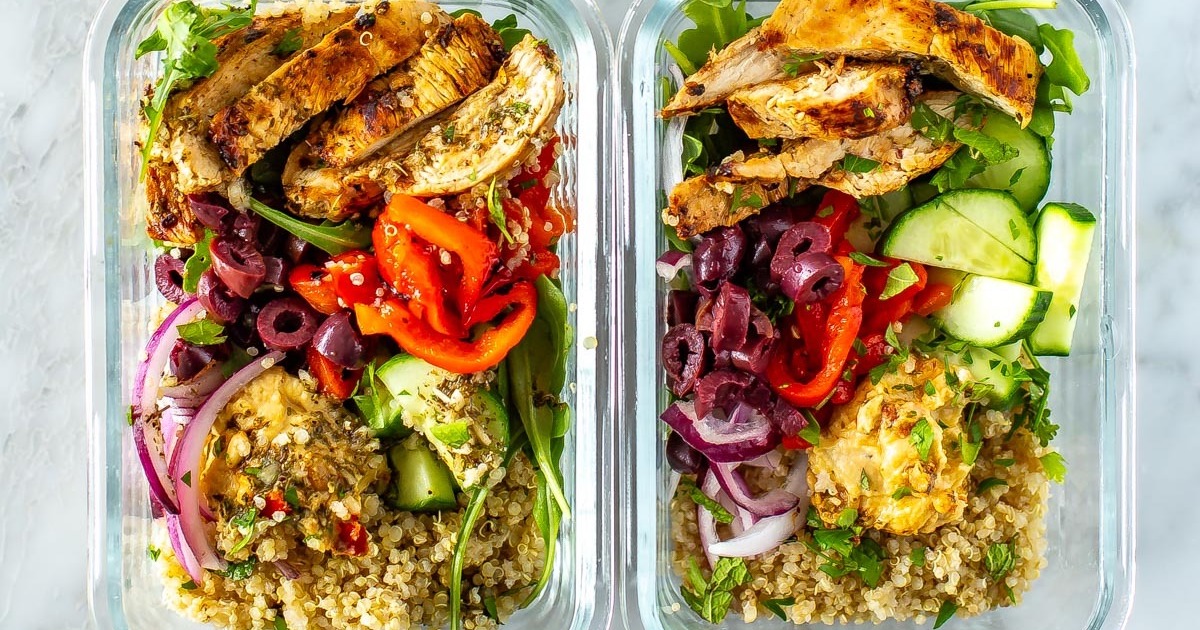The Truth About "Clean Eating" and Sustainable Weight Loss

The Truth About "Clean Eating" and Sustainable Weight Loss
"Just eat clean!" they say. "Cut out processed foods, sugar, and carbs, and you'll lose weight!"
Sounds simple, right? Except it's not. And for most people, it doesn't work long-term.
Let's talk about why the "clean eating" movement—despite good intentions—often leads to frustration, guilt, and diet failure.
What Even is "Clean Eating"?
Ask ten people to define clean eating, and you'll get ten different answers:
The vagueness is the first problem. Without a clear definition, "clean eating" becomes a moving target—and you can never truly succeed.
The False Dichotomy of "Good" vs. "Bad" Foods
Here's the fundamental flaw: clean eating labels foods as morally good or bad.
But food has no moral value. It's fuel. It's nutrients. It's pleasure. It's culture. It's not a test of your character.
When you label foods as "bad," you create psychological tension. You want the "bad" food. You resist. You give in. You feel guilty. You spiral into all-or-nothing thinking: "I already ate the cookie, so I might as well eat the whole box."
What the Science Actually Says
Study after study shows that weight loss comes down to one primary factor: energy balance.
To lose weight, you need to consume fewer calories than you burn. How you achieve that deficit matters less than most people think. Use our [free maintenance calculator](/tools) to find your daily calorie target.
A 2017 meta-analysis in *JAMA* compared dozens of diet types (low-carb, low-fat, Mediterranean, paleo, etc.). The conclusion? All diets work if you stick to them. None are significantly superior.
The best diet is the one you can sustain.
The Problem with Restriction
When you ban entire categories of food, several things happen:
1. Social Isolation: You can't eat at restaurants, parties, or family gatherings without stress.
2. Psychological Rebellion: The forbidden fruit effect—you crave what you can't have.
3. Nutrient Obsession: You spend mental energy worrying about food "purity" instead of enjoying life.
4. All-or-Nothing Cycles: One "unclean" meal leads to a binge, followed by guilt and renewed restriction.
This isn't health. This is disordered eating dressed up as wellness.
What Actually Works: Flexible Nutrition
Instead of clean eating, try flexible nutrition:
Eat mostly whole, minimally processed foods because they:
But also allow less nutrient-dense foods in moderation because:
The 80/20 Framework (Again)
If 80% of your calories come from nutrient-dense sources—lean proteins, fruits, vegetables, whole grains, healthy fats—you'll hit your nutritional needs.
The remaining 20%? Flexibility.
Have the slice of pizza. Enjoy the birthday cake. Eat the Halloween candy with your kids.
One meal doesn't derail your progress. A pattern of meals does.
Practical Guidelines for Sustainable Weight Loss
1. Focus on Protein First
2. Eat Plenty of Vegetables
3. Don't Fear Carbs or Fats
4. Stay Hydrated
5. Prioritize Sleep and Stress Management
The Real Definition of Healthy Eating
Healthy eating is:
- Flexible: Adapts to your life, not the other way around
- Sustainable: You can maintain it for years, not weeks
- Enjoyable: Includes foods you actually like
- Balanced: Provides nutrients without obsession
- Guilt-Free: Removes moral judgment from food choices
It's not about eating "perfectly." It's about eating well most of the time and living your life all of the time.
Your Action Step
This week, practice removing food guilt:
1. Eat a food you've labeled as "bad"
2. Enjoy it mindfully
3. Move on with your day—no guilt, no compensation workout, no food punishment
Notice how the sky doesn't fall. Your progress doesn't vanish. You're still on track.
That's what sustainable nutrition looks like.
Want Personalized Guidance?
Get a custom fitness and nutrition plan designed specifically for your goals and lifestyle
